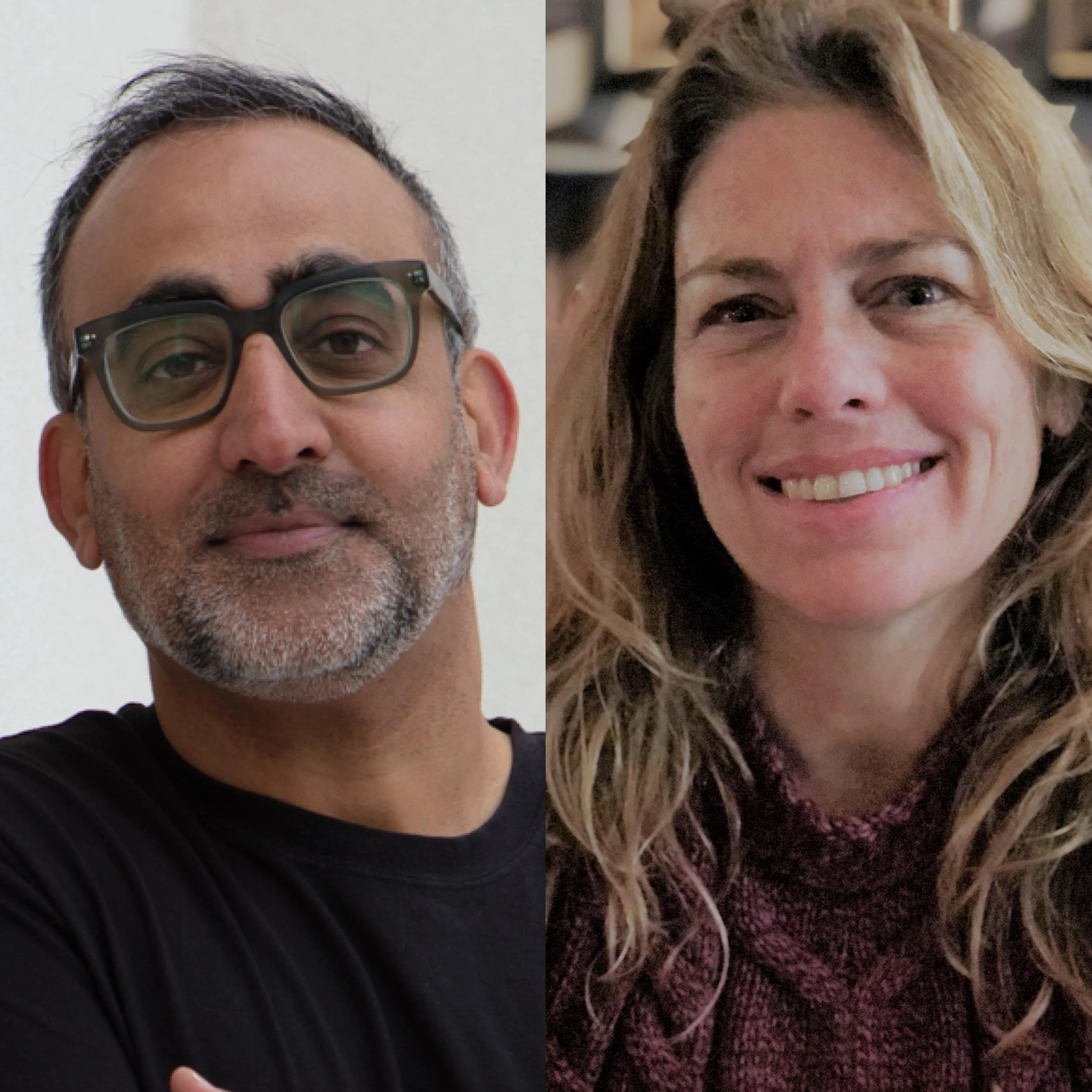ANTHONY WHITE
/Artist
I think it is a job for artists, not all artists, but I think it's a job for artists to acknowledge that culture can make a difference towards these things and can hold people more accountable. Australians, myself included, grow up in this state of amnesia because what happened is that the British stole the land from the Aboriginal people. We made up a fiction, the fiction of Terra nullius. And then we basically disclaimed any relationship that the Aboriginal people had to the land. The National Day in Australia is the day marked by colonization, which is shameful. So that's another long conversation. And I think that, whether things are better or worse in the United States, but I do know that is the conversation that has only just begun in Australia. And there's a new openness that never has been before.



